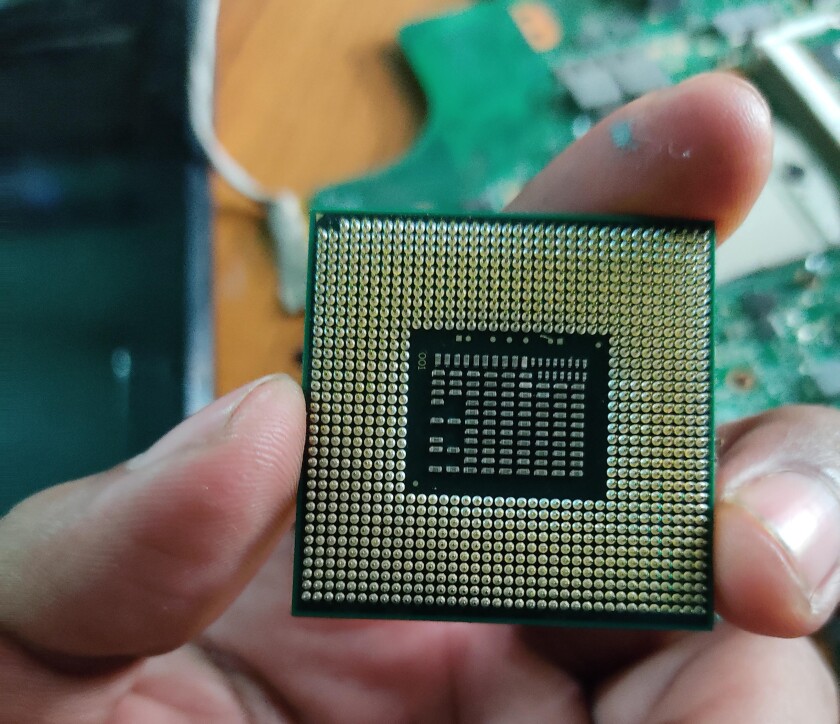In July 2024, Intel prevailed in its revocation counterclaim against R2 Semiconductor’s patent in the High Court of England and Wales. However, it appears that this success was not enough to give Intel sufficient comfort, considering a German court’s finding of infringement in parallel proceedings.
UK
In November 2022, R2 Semiconductor, Inc. (R2) brought a claim against Intel in the UK alleging that Intel’s chips that include fully integrated voltage regulators (FIVRs) infringe its European patent, No. 3 376 653 (the Patent), which addresses solutions to voltage spikes in integrated circuit chips due to miniaturisation and increased efficiency. Intel contested the allegations, arguing that the Patent was invalid.
On July 31 2024, the High Court of England and Wales ruled in favour of Intel, concluding that while Intel’s FIVRs did infringe the Patent, the Patent was invalid due to a lack of inventive step over a paper entitled “3D Power Delivery for Microprocessors and High-Performance ASICs” published in 2007.
Germany
In November 2022, R2 also filed a similar claim in Germany against Intel and certain of its customers (Dell, HP, and HPE) (the Intel Customers). R2 later added Fujitsu and Amazon Web Services to the German claim. In February 2024, the Düsseldorf Regional Court reached a decision that Intel had infringed the Patent and granted R2 injunctive relief. In March 2024, the court rejected Intel’s request to stay the enforcement of the injunction pending the validity case. Intel appealed the infringement judgment at Düsseldorf Higher Regional Court and filed a complaint with the Constitutional Court.
In parallel, Intel had also filed a counterclaim for revocation of the Patent and towards the end of 2023 the court issued an opinion on validity stating that it was highly probable the court would find the Patent valid.
Italy
In March 2024, Intel filed an action in the Tribunale di Milano seeking an order that Intel processors do not infringe the Patent. In response to this claim, R2 asserted counterclaims of infringement. R2 also filed an infringement claim against Intel and the Intel Customers in Milan in May 2024.
France
R2 also filed an infringement claim against Intel and the Intel Customers in April 2024 before the Tribunal Judiciaire of Paris; in response to which, Intel and the Intel Customers filed a nullity action.
Settlement
In August 2024, Intel announced that the parties had settled the dispute.
The terms of the resolution are confidential. However, Intel’s quarterly report filed with the US Securities and Exchange Commission dated August 1 2024 indicated that it considered the financial volume of the dispute to be $780 million. It can therefore be inferred that any settlement would likely be of the same order of magnitude.
Notably, in this quarterly report, Intel acknowledged that the “potential disruption to its business and its customers’ businesses in Europe were the Dusseldorf Regional Court’s injunction and recall order enforced before a decision by the appeals court is expected, the significant delay expected before a decision by the appeals court, and the additional ongoing and potential litigation across other jurisdictions and with respect to other Intel processors and customers, we are in negotiations […] to resolve the injunction enforcement risk and related pending litigation, and provide for broad-based litigation peace.”
Accordingly, notwithstanding the success in the UK, Intel’s main concern appears to have been the potential impact of an injunction in Germany.
The wider meaning of the Intel–R2 case
This case highlights the complexities of international patent disputes in the high-tech industry, demonstrating how different jurisdictions can yield varying outcomes and impact business operations significantly, and the importance of robust patent strategies and risk management practices for companies in the industry.












